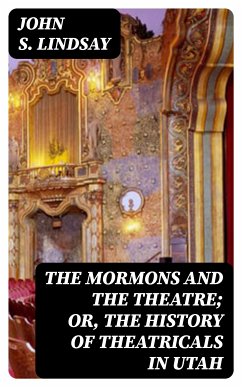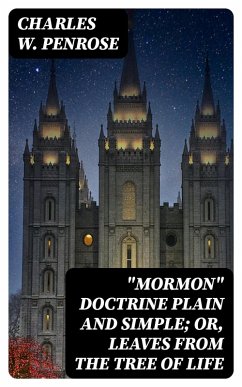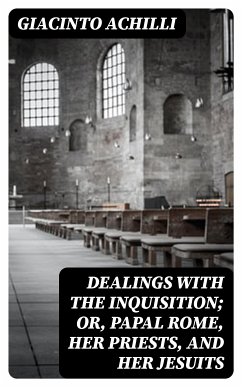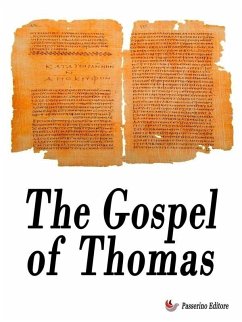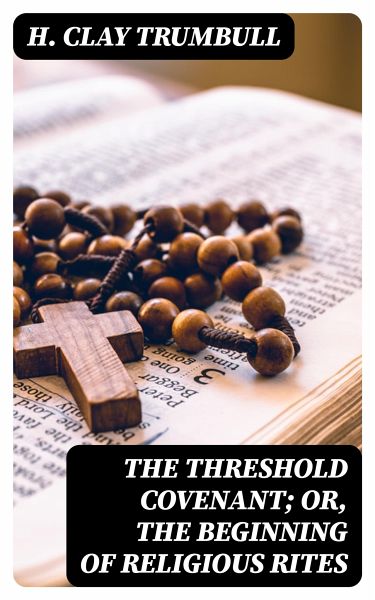
The Threshold Covenant; or, The Beginning of Religious Rites (eBook, ePUB)

PAYBACK Punkte
0 °P sammeln!
In "The Threshold Covenant; or, The Beginning of Religious Rites," H. Clay Trumbull presents a compelling exploration of ancient religious practices surrounding covenants, particularly focusing on the significance of thresholds in sacred rites. Trumbull's literary style is characterized by meticulous research woven into a readable narrative that bridges historical and theological analysis. Drawing from extensive biblical sources and anthropological studies, he contextualizes the covenant tradition within the larger framework of societal norms and religious observance, offering readers a profou...
In "The Threshold Covenant; or, The Beginning of Religious Rites," H. Clay Trumbull presents a compelling exploration of ancient religious practices surrounding covenants, particularly focusing on the significance of thresholds in sacred rites. Trumbull's literary style is characterized by meticulous research woven into a readable narrative that bridges historical and theological analysis. Drawing from extensive biblical sources and anthropological studies, he contextualizes the covenant tradition within the larger framework of societal norms and religious observance, offering readers a profound understanding of the cultural dynamics that shaped these early rites. H. Clay Trumbull, a prominent figure in the field of religious studies, was known for his keen interest in the intersections of anthropology and theology. His background in the study of customs and traditions greatly influenced his writing of this book, as he sought to illuminate the often-overlooked aspects of sacred agreements and their implications for both historical and contemporary faith practices. Trumbull's scholarly life was marked by a commitment to elucidate the profound significance behind religious rituals, making him an authoritative voice in this area. I highly recommend "The Threshold Covenant" to scholars, theologians, and lay readers alike, as it unveils the rich tapestry of early religious practices that inform modern belief systems. This work not only enriches one's understanding of sacred traditions but also invites deep reflection on the enduring nature of sacred commitments in human society.
Dieser Download kann aus rechtlichen Gründen nur mit Rechnungsadresse in A, B, BG, CY, CZ, D, DK, EW, E, FIN, F, GR, H, IRL, I, LT, L, LR, M, NL, PL, P, R, S, SLO, SK ausgeliefert werden.







